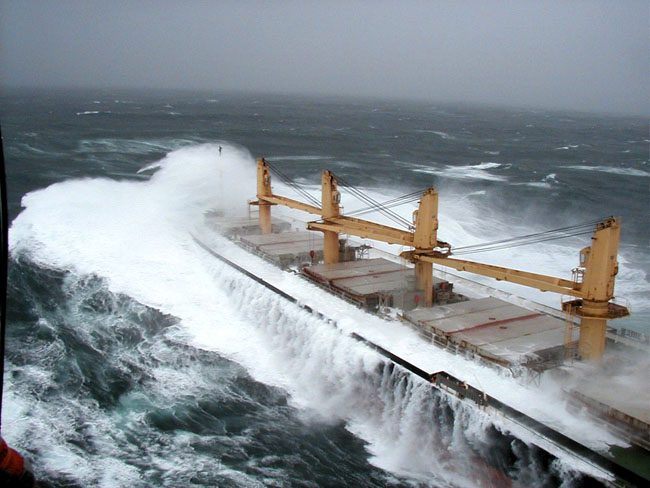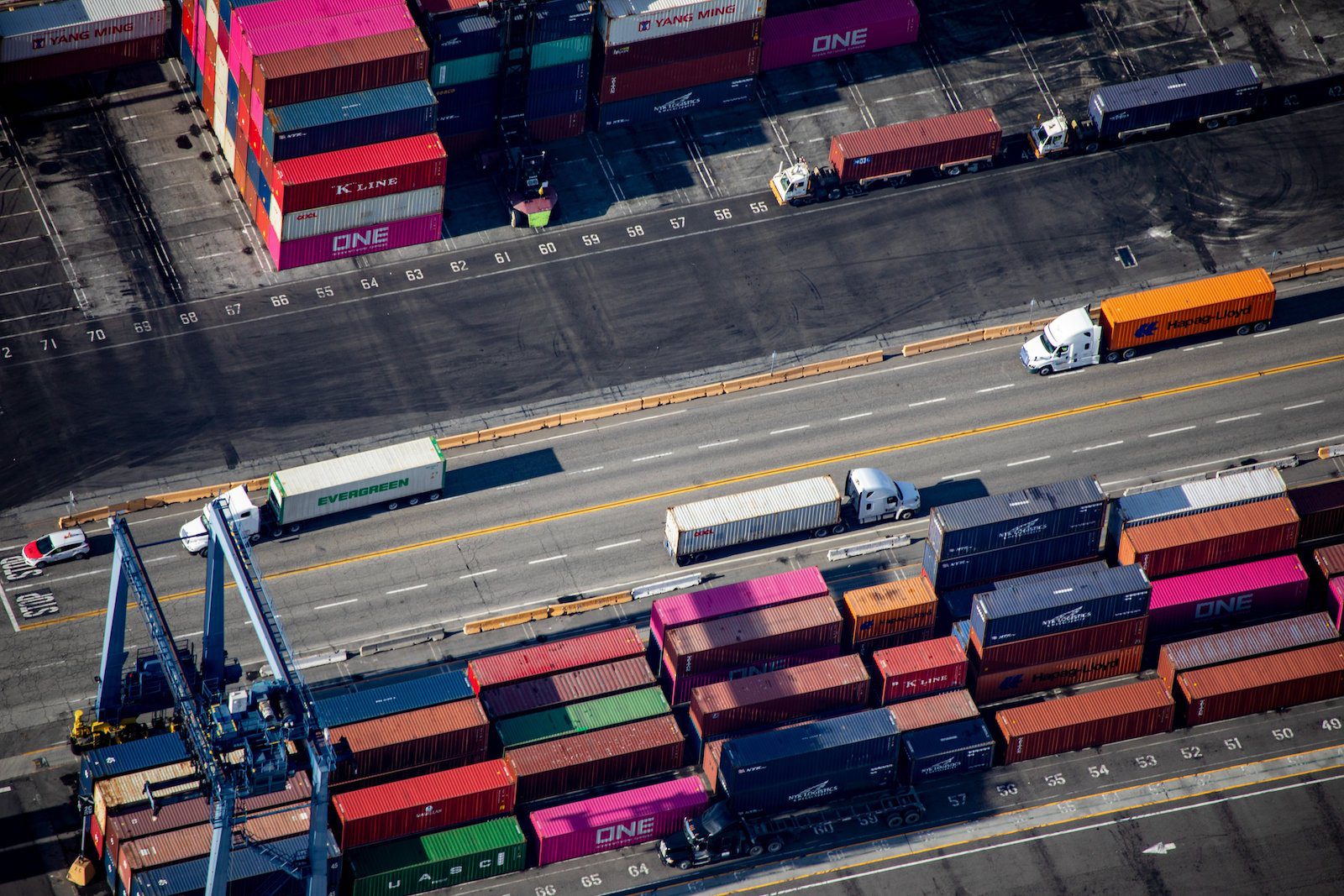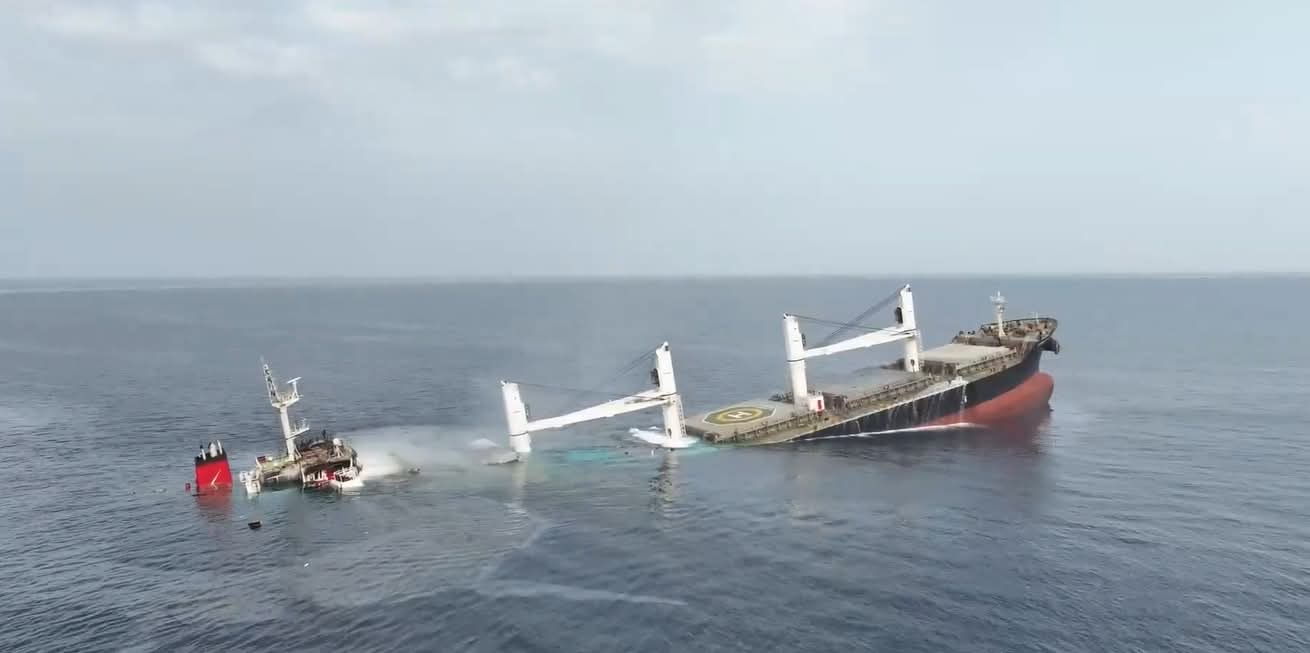By Michelle Wiese Bockmann
(Bloomberg) — The Baltic Dry Index, a measure of commodity freight costs, slumped for an eighth day as storms curbed charters from Australian ports, where 24 percent of the biggest ships in the fleet are booked to load.
The index slid 0.9 percent to 760, the lowest since Jan. 11, as hire costs declined for all four vessel sizes measured by the gauge, according to data from the Baltic Exchange, a London- based assessor of freight costs.
Coal miners including Rio Tinto Group and Xstrata Plc declared force majeure on sales contracts after floods affected mines and rail links in Central Queensland to ports on the east coat of Australia, the world’s second-largest exporter of the commodity. Fewer coal shipments from the country are limiting single-voyage vessel bookings and curbing rates, according to ICAP Shipping International Ltd., a London-based shipbroker.
“The on-going oversupply of tonnage made it tougher for owners to try and drive rates up as there was no shortage of suitable spot vessels,” ICAP said in a report sent by e-mail late yesterday.
Of 3,363 reported bookings in 2012 for Panamax and Capesize vessels, the two largest ship sizes, 794 were for voyages loading from Australian ports, according to data compiled by Bloomberg from Clarkson Plc, the largest shipbroker. Not all charters are reported to the market.
Rates for Panamax ships, the largest to transit the Panama Canal, declined 1.8 percent to $5,365, the lowest since Jan. 7, according to the exchange. The January average hire cost of $5,365 for the ships, which comprise about 25 percent of the global bulk carrier fleet’s capacity, is the second-lowest in three years, exchange data compiled by Bloomberg show.
Rates for Capesize ships, the largest used to carry iron ore and coal, declined to $7,468 daily, while Supramax vessels, which carry about 50,000 metric tons of minerals and grains, declined 0.5 percent to $7,155. Handysizes, the smallest, were 1.3 percent lower at $6,802 a day.
Copyright 2013 Bloomberg.

 Join The Club
Join The Club











